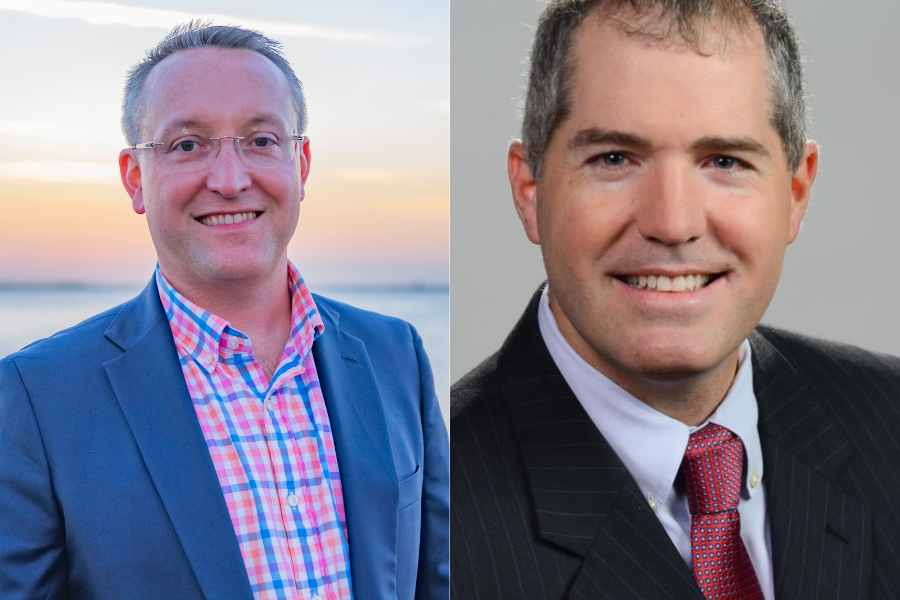Will RIAs or RPAs benefit more as retirement, wealth converge at workplace?

RPA firms are selling at record profits, with deals flow expected to double in 2021, but it pales in comparison to the RIA market. So far, we have not seen any RIA aggregators, other than Captrust, show interest in the DC space.
The convergence of wealth and retirement at the workplace is obvious to defined-contribution plan sponsors, providers and RPAs — but that message hasn’t reached wealth managers and RIAs.
The workplace seems to be an obvious means to acquire new wealth management and financial planning clients, whether it’s those who can afford traditional advice or the 95% who can’t. Most retirement plan advisers, however, don’t have the capabilities, and wealth managers haven’t figured out how to avoid the minefields while leveraging DC plans.
There are exceptions. Fidelity has made a fortune mining its DC plans, while Captrust is lapping the RPA field with its ability to find and service wealth management clients. But most providers, aggregators and RPA firms haven’t figured it out, and none of the top RIAs have shown even the slightest interest in DC plans.
Most of T. Rowe Price’s plan participants rely on DC workplace providers, advisers or tools to get advice, a recent survey from that company found. The introduction of financial wellness services like student loan repayment, emergency savings and managed accounts has started to move the DC industry beyond just offering funds and providing elemental, but mostly useless, education. Retirement income will be next.
Participants don’t want to be educated or trained. They want to be told what to do — even better, have it done for them automatically. Since the major source of wealth for most workers is their paychecks, it makes sense to build in tools and services at work.
The micro-plan market could explode as a result of government mandates that would affect 5 million to 6 million more businesses. That is both an opportunity and a challenge. Seasoned RPAs are doing just fine in the $3 million to $250 million market and aren’t set up to serve and monetize smaller, start-up plans. Even with pooled employer plans, multiple employer plans and the forthcoming groups of plans, smaller plan sponsors will still need an adviser. RPAs aren’t interested, and the hundreds of thousands of RIAs and wealth managers that don’t specialize in DC plans aren’t champing at the bit.
There are currently 90 million people who save and have balances in DC plans, and that number could double. For many, especially younger workers, the plans are their greatest source of wealth. They are eager to get comprehensive financial advice and planning within those plans, where there are greater levels of protection, access and trust than in the business-to-consumer market. That seems like an opportunity, but there are many obstacles.
Wealth tech at the workplace is lagging because of old, clunky record-keeping platforms. Some providers are hoarding participants’ data. And advisers either don’t have sophisticated wealth management capabilities or haven’t developed a business model to serve the 95% of the participants who don’t have much wealth.
While RPA firms are selling at record profits, with deal flows expected to double in 2021, the activity pales in comparison to what’s going on in the the RIA market. So far, we haven’t seen any RIA aggregators, other than Captrust, show interest in the DC space. How does that change?
Even micro and start-up plans have one or two attractive wealth management clients. Captrust has shown the ability to leverage its 7 million DC participants within midsize to large plans. If larger RIAs are more valuable than RPAs, would adding retirement plan revenue through acquisitions at relatively reduced costs offer them the opportunity to arbitrage the market, if not acquire wealth management clients more effectively?
I’m not sure how the convergence of wealth and retirement at work will happen, though I am sure that it will. But it’s more likely that RPAs will enter the wealth management business, probably through acquisitions. RPAs have a lot more to gain through more profitable services that could result in even higher valuations.
[More: What drives value for RPA firms?]
Fred Barstein is founder and CEO of The Retirement Advisor University and The Plan Sponsor University. He is also a contributing editor for InvestmentNews’ RPA Convergence newsletter.
Learn more about reprints and licensing for this article.








